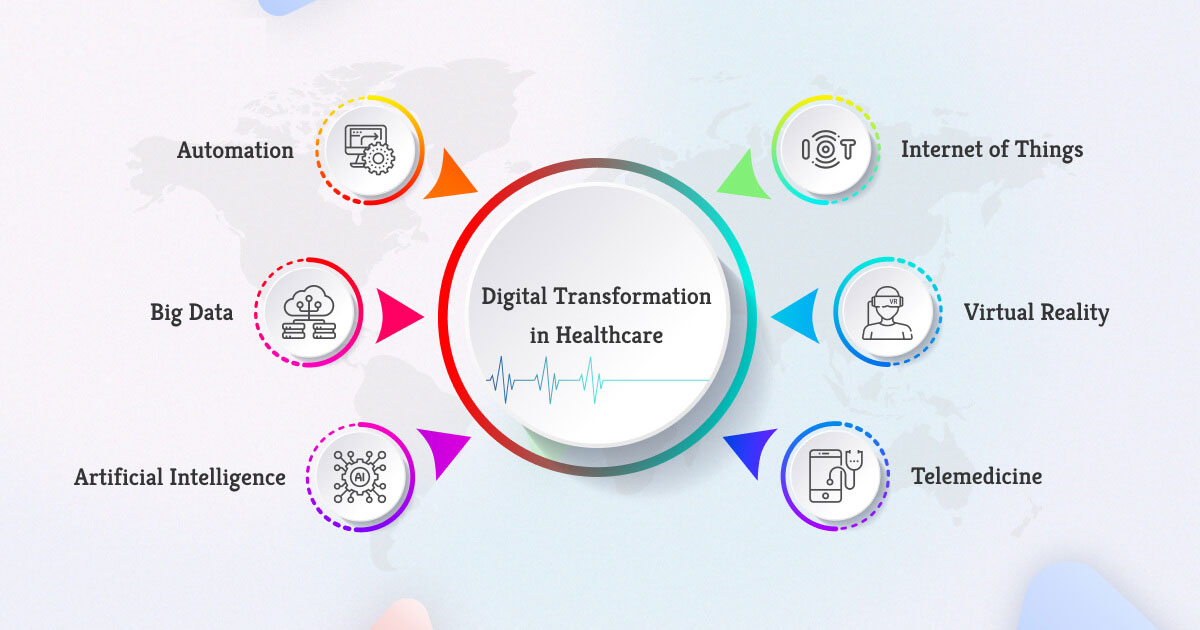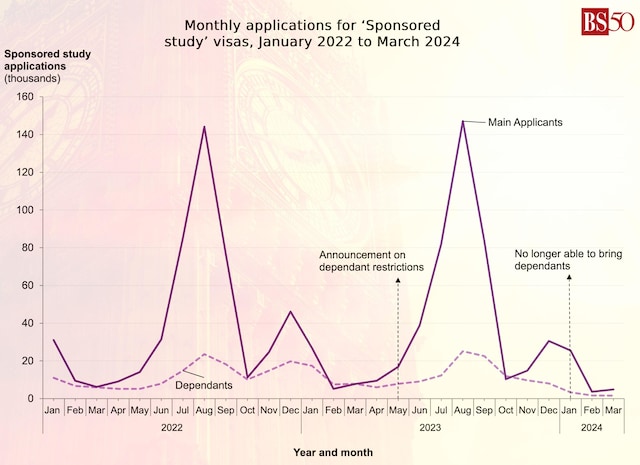Revolutionizing Public Sector AI: The Palantir-NATO Deal Explained

Table of Contents
Palantir's Role in Enhancing NATO's Capabilities
Palantir's contribution to the NATO alliance centers around its Gotham platform, a powerful data integration and analytics tool. This partnership signifies a major investment in leveraging AI for enhanced national security.
Data Integration and Analysis
Palantir's Gotham platform is designed to integrate vast datasets from diverse sources. This includes intelligence reports, sensor data from various platforms, social media feeds, and other open-source intelligence (OSINT). This powerful data fusion capability offers NATO several key advantages:
- Improved situational awareness through real-time data fusion: Gotham allows for the near-instantaneous aggregation and analysis of data, providing a comprehensive and up-to-the-minute picture of evolving situations.
- Enhanced predictive modeling for threat assessment and resource allocation: By analyzing historical data and identifying patterns, Palantir's AI can help NATO predict potential threats and optimize the allocation of resources, improving preparedness and response times.
- Streamlined decision-making processes based on data-driven insights: The platform provides NATO decision-makers with clear, concise, and data-driven insights, enabling more informed and timely decisions.
- Better collaboration among NATO member states: Gotham facilitates seamless data sharing and collaboration among different NATO member states, fostering a more unified and coordinated response to threats. This improved interoperability is a key benefit of the Palantir-NATO partnership.
Strengthening Cybersecurity and Defense
Beyond data analysis, the Palantir-NATO deal focuses on strengthening cybersecurity and overall defense capabilities. Palantir's technology provides critical support in several key areas:
- Identifying and mitigating cyber threats in real-time: Gotham's AI capabilities enable the detection and response to cyberattacks before they can cause significant damage.
- Protecting critical infrastructure from attacks: The platform helps identify vulnerabilities in NATO's critical infrastructure and provides tools to strengthen its resilience against cyberattacks.
- Enhancing intelligence gathering and analysis to counter threats: By integrating data from various sources, Palantir helps NATO improve its intelligence gathering and analysis capabilities, leading to better threat identification and response.
- Improving operational effectiveness through advanced data analytics: Data analytics provided by Palantir helps optimize operations, resource allocation, and overall efficiency within NATO's defense infrastructure.
Implications for National Security and International Relations
The Palantir-NATO partnership has far-reaching implications for national security and international relations.
Enhanced Intelligence Gathering
The agreement significantly enhances intelligence gathering and analysis capabilities for NATO member states. Key benefits include:
- Improved interoperability between intelligence agencies: The platform facilitates seamless data sharing and collaboration among different intelligence agencies, breaking down traditional information silos.
- Faster identification and neutralization of threats: Real-time data analysis and predictive modeling enable faster identification and response to potential threats.
- More accurate predictive modeling of potential conflicts: By analyzing historical data and identifying patterns, Palantir can help predict potential conflicts and allow for proactive measures.
- Strengthening of collective defense capabilities: Improved intelligence and data sharing strengthen NATO's collective defense posture and enhance its ability to respond effectively to threats.
Ethical Considerations and Data Privacy
The use of AI in national security raises important ethical considerations and data privacy concerns. Addressing these issues is critical to the success of the Palantir-NATO partnership:
- Data security and protection measures implemented by Palantir and NATO: Robust security measures are essential to protect sensitive data from unauthorized access or breaches.
- Transparency and accountability mechanisms: Transparency and accountability are key to building public trust and ensuring the responsible use of AI in national security.
- Addressing potential biases in algorithms: Algorithmic bias can lead to unfair or discriminatory outcomes, highlighting the need for careful algorithm design and testing.
- Compliance with international data privacy regulations: Adherence to international data privacy regulations, such as GDPR, is crucial to maintain public trust and avoid legal challenges.
The Future of AI in Public Sector Operations
The Palantir-NATO deal paves the way for broader adoption of AI in public sector operations.
Expanding AI Applications
The potential applications of AI in public sector domains extend far beyond defense:
- Applications in disaster response and humanitarian aid: AI can assist in predicting and responding to natural disasters and humanitarian crises, optimizing resource allocation and improving efficiency.
- Improvements in public health and disease surveillance: AI can help track and predict the spread of diseases, enabling faster and more effective public health interventions.
- Optimizing resource allocation in public services: AI can help optimize resource allocation in areas such as education, healthcare, and social services, leading to greater efficiency and improved outcomes.
- Enhancing citizen engagement and participation: AI-powered tools can improve citizen engagement and participation in government processes.
Collaboration and Knowledge Sharing
The Palantir-NATO partnership can foster collaboration and knowledge sharing in the field of public sector AI:
- Benchmarking and best-practice sharing amongst member states: The partnership creates opportunities for sharing best practices and lessons learned among NATO member states.
- Fostering innovation and development in public sector AI: Collaboration can drive innovation and accelerate the development of new AI applications for the public sector.
- Building a global community of AI experts in public service: The partnership can contribute to the development of a global community of experts dedicated to applying AI for the public good.
Conclusion
The Palantir-NATO deal marks a transformative moment for the application of AI in the public sector. By leveraging Palantir's advanced technology, NATO significantly enhances its capabilities in data analysis, intelligence gathering, and cybersecurity. While ethical considerations and data privacy remain crucial aspects, the potential for improved national security and enhanced public services is substantial. Understanding the intricacies of this Palantir-NATO Deal is essential for anyone interested in the future of AI and its impact on international relations and public policy. Further exploration of the Palantir-NATO deal and its long-term effects will undoubtedly continue to shape the discourse around the use of AI in government and defense. Stay informed about the evolving implications of this landmark agreement.

Featured Posts
-
 Interest Rate Cuts Why The Feds Approach Differs
May 10, 2025
Interest Rate Cuts Why The Feds Approach Differs
May 10, 2025 -
 From Wolves Discard To European Elite His Journey To Success
May 10, 2025
From Wolves Discard To European Elite His Journey To Success
May 10, 2025 -
 High Potentials Impressive Season Finale What Abc Must Have Thought
May 10, 2025
High Potentials Impressive Season Finale What Abc Must Have Thought
May 10, 2025 -
 Impact Of Uk Student Visa Policy Changes On Asylum Applications
May 10, 2025
Impact Of Uk Student Visa Policy Changes On Asylum Applications
May 10, 2025 -
 Operation Sindoor Pakistan Stock Market Plunges Kse 100 Halted
May 10, 2025
Operation Sindoor Pakistan Stock Market Plunges Kse 100 Halted
May 10, 2025
